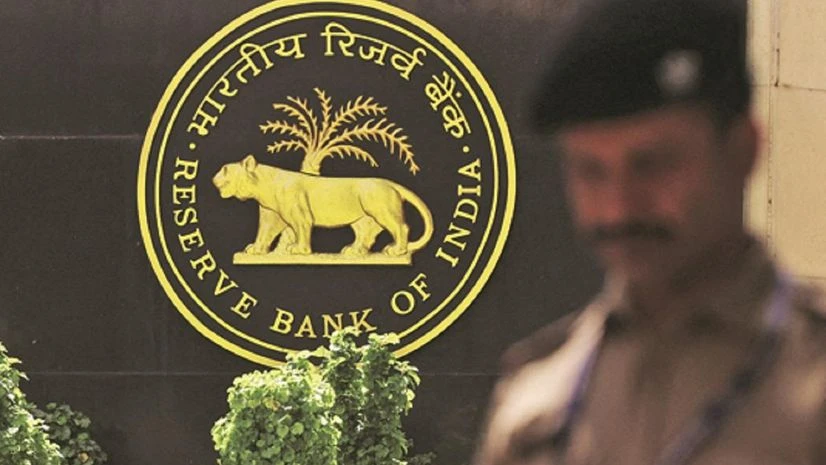On Friday, the Reserve Bank of India (RBI) clarified that it is not obligatory for banks and Non-Banking Financial Companies (NBFCs) to raise green funds. However, if they choose to do so, they must adhere to the specified framework. The central bank released a set of Frequently Asked Questions (FAQs) pertaining to the ‘Framework for Acceptance of Green Deposits.’
In April 2023, the RBI had provided comprehensive guidelines for the acceptance of “green deposits” by banks and NBFCs. These funds are earmarked for financing activities such as renewable energy, green transport, and green buildings. The framework officially came into effect on June 1, 2023.
As per the FAQs, RBI-regulated entities (REs) are required to pay interest on green deposits to their customers according to agreed terms and conditions, irrespective of the allocation or utilization of the proceeds. The FAQs also state that there is no restriction on the premature withdrawal of green deposits, but REs must adhere to existing guidelines.
Notably, premature withdrawals will not impact activities or projects funded by the proceeds of green deposits, according to the FAQs. REs have the flexibility to temporarily park the proceeds of green deposits in liquid instruments with a maximum maturity of up to one year, pending allocation to green activities or projects.
The FAQs specify that foreign banks can adopt a common global policy on green deposits, without affecting the provisions of the framework for green deposits raised in India after June 1, 2023. Additionally, if green deposits are denominated in foreign currency, the current framework allows them to be denominated in Indian rupees only.
Highlighting the significant role of the financial sector in mobilizing resources and allocating them to green activities and projects, the RBI, during the release of the framework, emphasized the growing momentum of green finance in India. Some REs have already started offering green deposits to finance environmentally friendly activities and projects.
The overarching goal of the framework is to encourage REs to provide green deposits to customers, safeguard depositors’ interests, assist customers in achieving their sustainability objectives, address concerns related to greenwashing, and contribute to enhancing the flow of credit to green activities and projects.
)